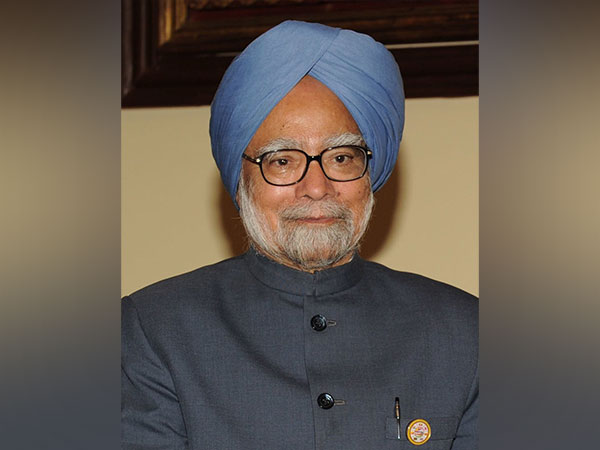Manmohan Singh's Legacy: The Right to Information Revolution
Former Prime Minister Manmohan Singh implemented the Right to Information Act in 2005, significantly improving government transparency. Despite initial apprehensions, his tenure saw the success of this pivotal legislation in fostering citizen empowerment and accountability. His legacy stands out as a landmark in Indian democratic reforms.

- Country:
- India
Manmohan Singh, a former two-term Prime Minister, passed away at AIIMS at 92, leaving behind a legacy of transparency through the enactment of the Right to Information (RTI) Act in 2005. Despite initial reservations, Singh's reforms ended decades of government secrecy.
The RTI Act empowered citizens, allowing them to request information from the government, revolutionizing citizen-state relations. Activists credit Singh's commitment to democratic empowerment, overcoming his bureaucratic apprehensions about transparency to foster accountability.
His tenure also saw efforts to weaken the Act, but public resistance and Singh's dedication ensured its longevity, marking a fundamental shift in democratic governance. The Act is celebrated as one of the most progressive laws worldwide for government accountability.
(With inputs from agencies.)
ALSO READ
U.S. Visa Ban Targets Georgia's Democracy Underminers
Debate Sparks Over 'One Nation, One Election': A Threat to Democracy?
Prabowo's Proposal: A Step Backwards for Indonesian Democracy?
DMK and JMM MPs Decry State of Democracy and Oppression in Parliament
Democracy Under Siege: Rajya Sabha Drama Unfolds










